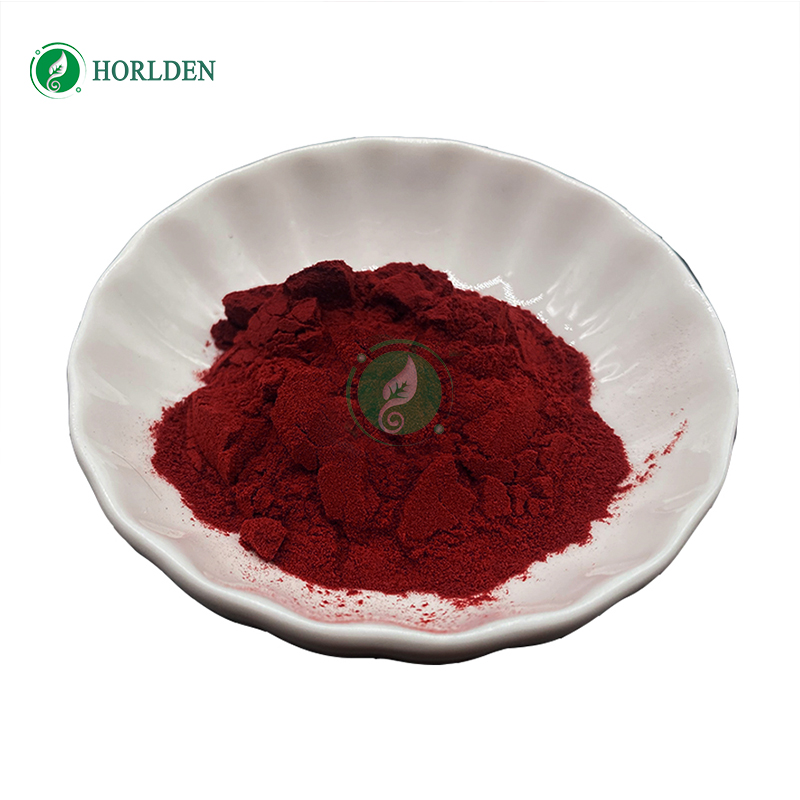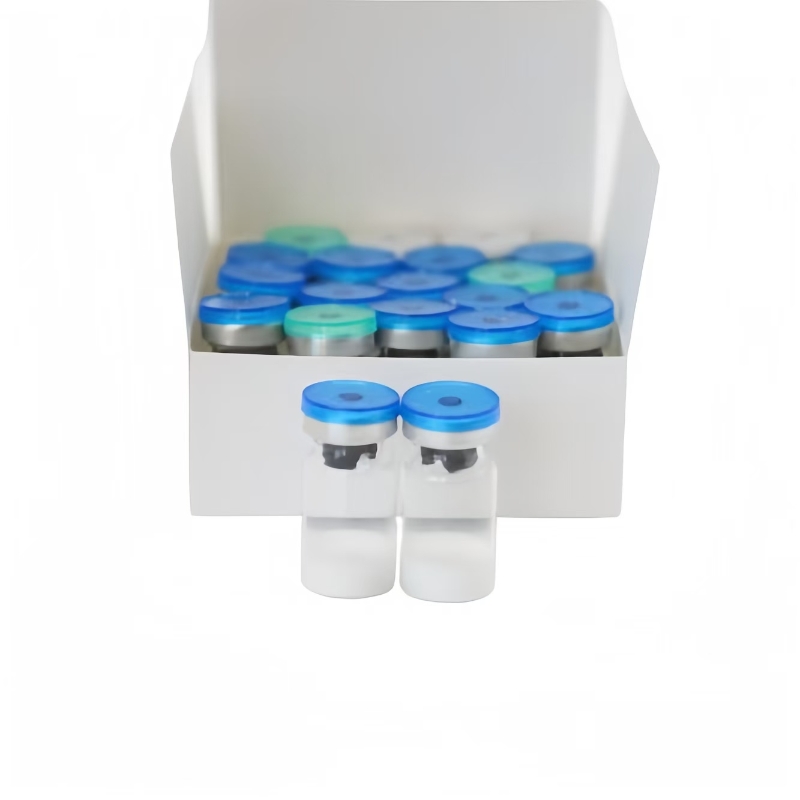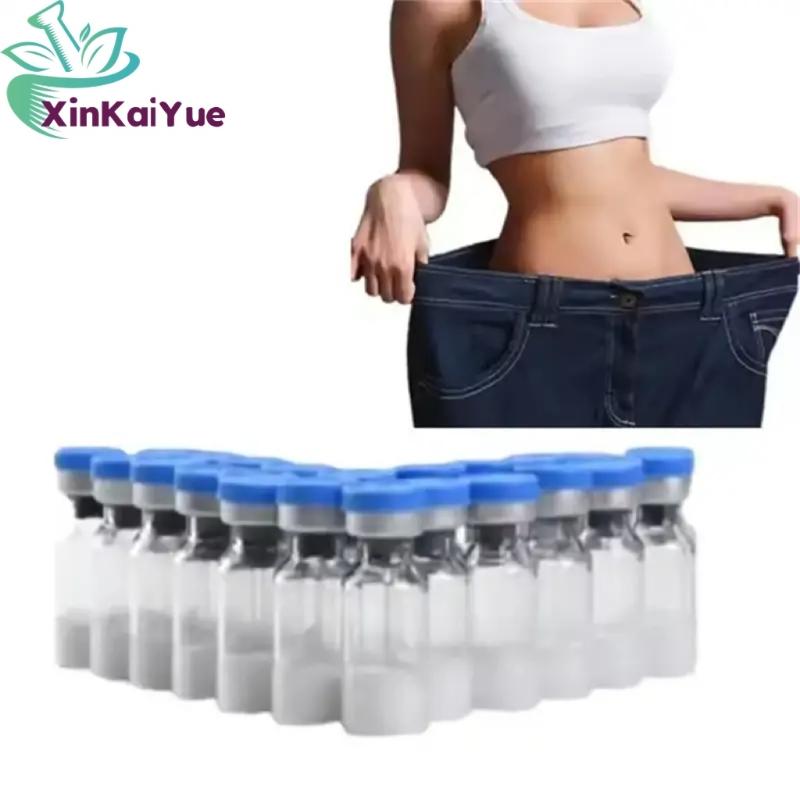A closer look at the domestic anti-tumor drug market: the main varieties of sample hospitals and the sales performance of monoclonal antibodies and TiNi
-
Last Update: 2018-05-30
-
Source: Internet
-
Author: User
Search more information of high quality chemicals, good prices and reliable suppliers, visit
www.echemi.com
At present, cancer and other diseases have become the main cause of death in China, and cancer mortality remains high, which has become a major social issue of concern In this context, the global anti-cancer drug market is in a period of rapid growth In just five years, the global anti-cancer drug sales have doubled, far exceeding the growth rate of other drugs In 2020, the global anti-cancer drug market is expected to reach 150 billion US dollars According to the global cancer incidence and death prediction data, it is estimated that in 2020, the global cancer incidence and death toll will be 16.5 million and 10.36 million respectively In 2030, the cancer incidence and death toll in China will be 5 million and 3.86 million respectively According to IMS data, the market scale of anti-tumor drugs in China increased from 60.3 billion yuan to 110.9 billion yuan in 2012-2016, with an average compound growth rate of about 16.5% It is estimated that the market size will reach 144.7 billion yuan in 2018, and the market space will remain large in the next decade From the perspective of global R & D status, there are currently five PD-1 (L1) mAbs approved by FDA to be listed in the world In 2017, the global sales of five drugs totaled nearly 10 billion US dollars In addition, car-t is a target cell therapy product, and FDA has approved two products for marketing With the improvement of R & D strength of domestic enterprises, domestic enterprises are following up the international cutting-edge therapies such as PD-1 and car-t more and more quickly, and domestic varieties are expected to compete with imported varieties in the same line At present, there are many kinds of anti-tumor drugs in China, including anti metabolism, plants, alkylating agents, anti-tumor antibiotics, platinum, hormones, monoclonal antibodies, protein kinase inhibitors, immunomodulators and traditional Chinese medicine preparations In addition to adjuvants such as immune agents, antimetabolic agents have the largest market share and steady growth The market scale of plant preparations ranks second, and it can still maintain rapid growth in the future In recent years, the growth of alkylating agents, anti-tumor antibiotics and platinum drugs has slowed down; monoclonal antibodies will be the biggest growth bright spot in the future; traditional Chinese medicine preparations have great growth potential in the field of tumor adjuvants The domestic anti-tumor drug market is relatively conservative compared with the global market In foreign countries, the whole market has been dominated by McAbs, while in China, traditional drugs dominate the world, with more than 50% of anti metabolism, plant drugs and alkylating agents Another huge difference in the domestic and foreign markets is that the proportion of botanical drugs in the domestic market is high, reaching 19.3%, mainly including paclitaxel, docetaxel, pemetrexed, tegio and other major products, which is also one of the characteristics of the whole domestic drug market In 2017, the domestic botanical drugs were still the mainstream, and the top 10 anti-tumor drugs and immunomodulators entering the domestic sample hospitals were 5 each: 2 botanical drugs, 2.04 billion yuan of paclitaxel, 8.2% of growth rate, 1.31 billion yuan of docetaxel, 0.7% of growth rate; 2 antimetabolic drugs, 1.42 billion yuan of pemetrexed, and tegio 1.17 billion yuan, with an increase rate of 4.2% and 9.1% respectively; 1 alkylating agent, oxaliplatin, with an increase rate of 5.67% There are five immunostimulants involved, including 1.41 billion yuan of human immunoglobulin, 1.25 billion yuan of thymosin α, 1.06 billion yuan of thymopentin, 890 million yuan of Kangai, and 830 million yuan of recombinant human granulocyte colony-stimulating factor, with growth rates of 8.5%, - 0.8%, - 27%, - 9.3% and - 5.0%, respectively At present, paclitaxel, pemetrexed, tegio and other heavy-duty products are the outstanding products in the market of tumor drugs in China, while the amount of immunomodulators has declined in varying degrees From the data of sample hospitals, the domestic anti-tumor drug market is still dominated by botanical drugs and anti metabolism drugs As the fastest growing drug market share, targeted anti-tumor drugs will undoubtedly have the most potential in the future, and targeted therapy will also become the driving force for the development of innovative drugs In recent years, the domestic research and development of targeted antitumor drugs has entered the harvest period, and targeted antitumor drugs have been approved showing a blowout trend According to the data statistics of domestic sample hospitals, in 2017, the imported exclusive monoclonal antibody products in the anti-tumor drug market were mainly advantageous to 6 products, i.e doxoximab, trastuzumab, bevacizumab, cetuximab, baliximab and tuozhumab The products of domestic enterprises include nitzumab and iodine [131I] metoximab In 2017, there were 6 import enterprises and 2 domestic enterprises among the manufacturers of imported tumor monoclonal antibody products of sample hospitals, among which the sales volume of imported enterprises was 2.88 billion yuan, accounting for 94% The sales volume of domestic monoclonal antibody products is 170 million yuan, accounting for 6% It can be seen that in the domestic market of anti-tumor monoclonal antibodies, foreign enterprises still occupy a monopoly position According to the data of domestic sample hospitals, there are 18 antineoplastic Tinian products on the market in China In 2017, imatinib's sales volume was RMB 700 million, gefitinib's RMB 420 million, ektinib's RMB 300 million, solafeni's RMB 190 million, apatinib's RMB 160 million, nilotinib's RMB 130 million, czotinib's RMB 98.16 million, erlotinib's RMB 96.43 million, sunitinib's RMB 79.56 million, dasatinib's RMB 50.83 million, lapatinib's RMB 20.48 million and axitini's RMB 8.9 million In 2017, five new imported and listed products, namely, oshitini, afatini, regofini, ibotini and lucotini, have been sold in the sample hospitals, of which oshitini is the most prominent one However, the sales data of nedanib, which was approved to be listed in September 2017, has not been available in the sample hospital.
This article is an English version of an article which is originally in the Chinese language on echemi.com and is provided for information purposes only.
This website makes no representation or warranty of any kind, either expressed or implied, as to the accuracy, completeness ownership or reliability of
the article or any translations thereof. If you have any concerns or complaints relating to the article, please send an email, providing a detailed
description of the concern or complaint, to
service@echemi.com. A staff member will contact you within 5 working days. Once verified, infringing content
will be removed immediately.







